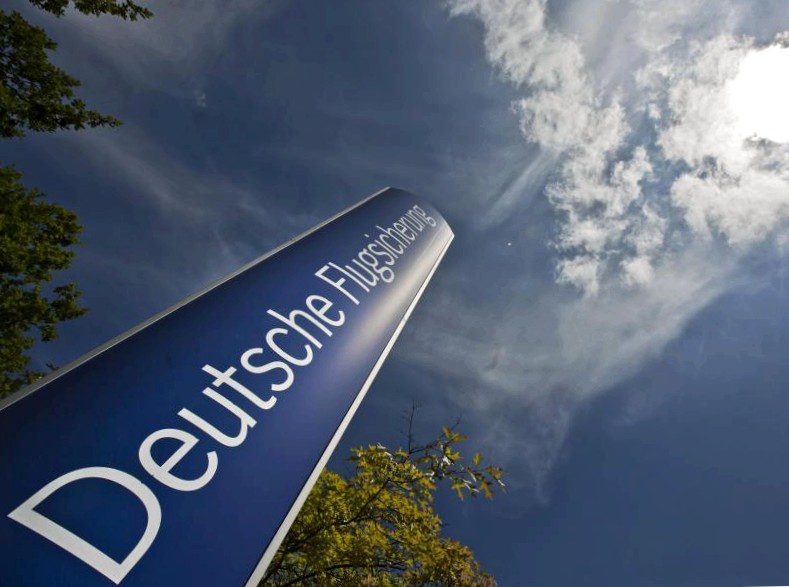
European air traffic remains problematic. After a successful start to the easter travel season, with few exceptions, strikes are now threatening spain, germans’ favorite vacation destination.
Even in the medium term, the prospects for more punctual flights remain slim, as german air traffic control made clear on monday. She is working with the airport and the airlines to improve operations.
Many berliners experienced at least a difficult start to the easter vacations at tegel airport. Over the weekend, for example, users complained on the short message channel twitter about hours of waiting times in the narrow terminals. On monday, too, very long lines formed in front of the check-in counters, but the airport company did not want to identify any structural problems in the operation of the airport.
In spain, strikes spread to various transport companies. After the security staff at the airport in the spanish capital madrid had already gone on an indefinite strike on friday, the employees of the regional airline air nostrum also stopped work nationwide on monday. First 148 flights cancelled until wednesday. During the easter days, traffic chaos could occur throughout spain, because unions called for strikes by ground staff at all spanish airports and by locomotive drivers of the railroad company renfe.
Since easter marks the start of the summer season, and sunny destinations around the mediterranean (especially mallorca) and city breaks to madrid and barcelona are particularly popular with german travelers, tens of thousands of germans are likely to face problems during their easter vacation.
German air traffic control expects bottlenecks in european airspace and especially in upper german airspace for years to come. According to the federally owned gmbh, the relocation of flights to lower airspace and around central europe, which had already begun in 2018, will be intensified: around 1100 of up to 38.000 daily european flights can thus be kept out of the particularly tight sectors on the instructions of eurocontrol. "This also means that this instrument is largely exhausted," said DFS operations manager robert schickling in frankfurt.
According to the forecast, the delay caused by air traffic control per flight in german airspace could double from 1.23 minutes to 2.6 minutes, the manager explained. Without the relocation, the time saved in germany would be as much as 6 minutes, and around 4 minutes in europe.
According to schickling, DFS is currently short about 200 of 1,800 required pilots. Many employees are currently also involved in the recently intensified training of new pilots. The bottom line is that a reduction in personnel is not expected until 2020. "2019 will be a very difficult year," said schickling. The failed staffing plans were the result of the economic targets set by the EU commission, which had assumed that the number of flights would be far too low.
Air traffic control, lufthansa and the frankfurt airport operator fraport once again presented their measures to avoid further bottlenecks this summer. In addition to a number of operational measures, more personnel, additional reserve aircraft and more generous time slots are intended to ensure fluent operations. In addition, a new building at terminal 1 is scheduled for completion in mid-july, which will allow at least 1,400 passengers and their hand luggage to be checked every hour on seven lanes.
In frankfurt, the first wave of travelers has been well handled, according to the assessment of the responsible persons. The federal police also reported a rough engagement of the deployed people and hand luggage inspectors. Longer waiting times have been prevented.